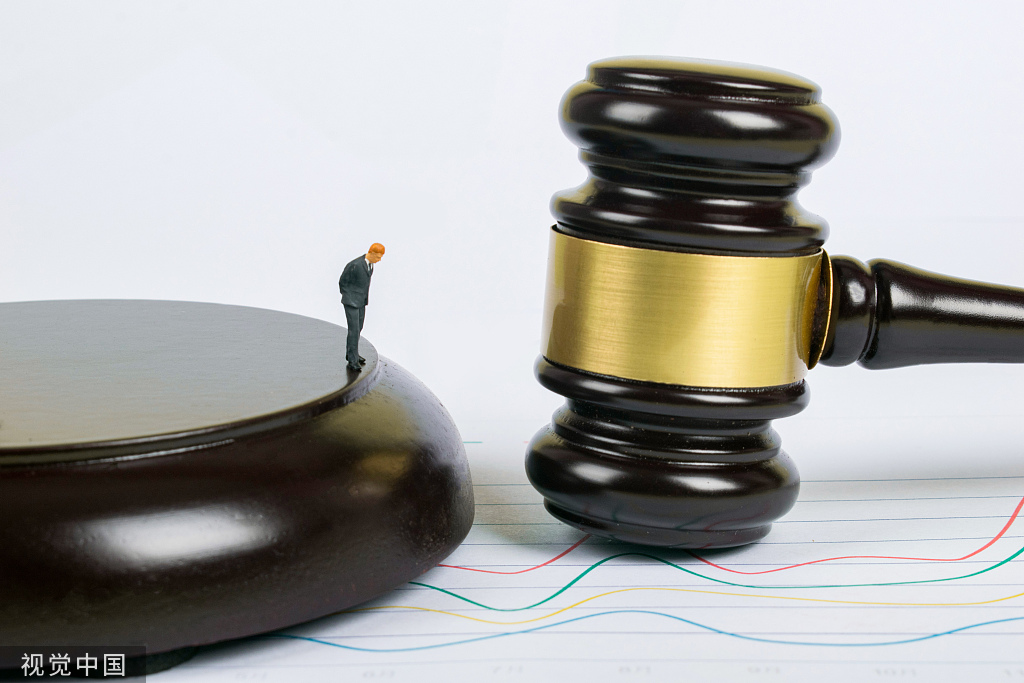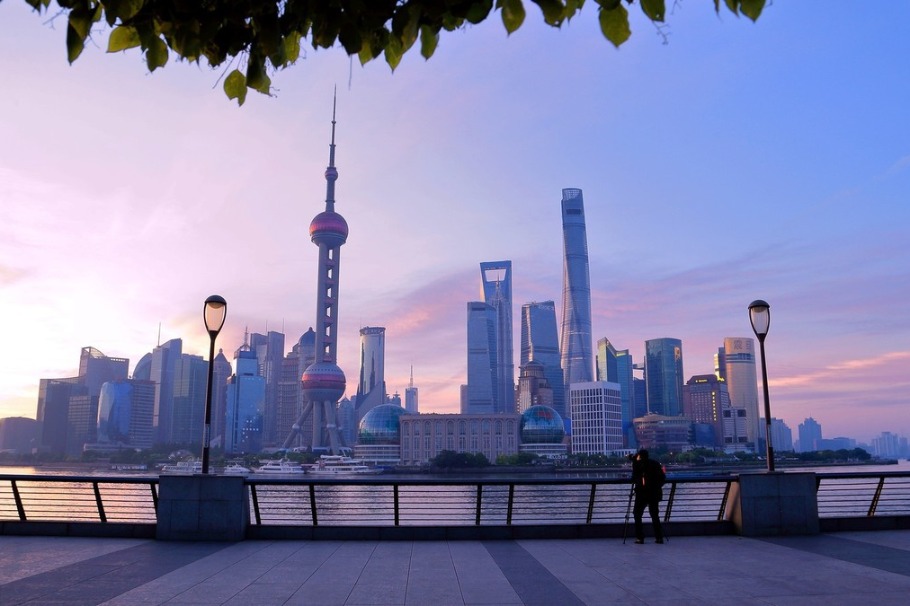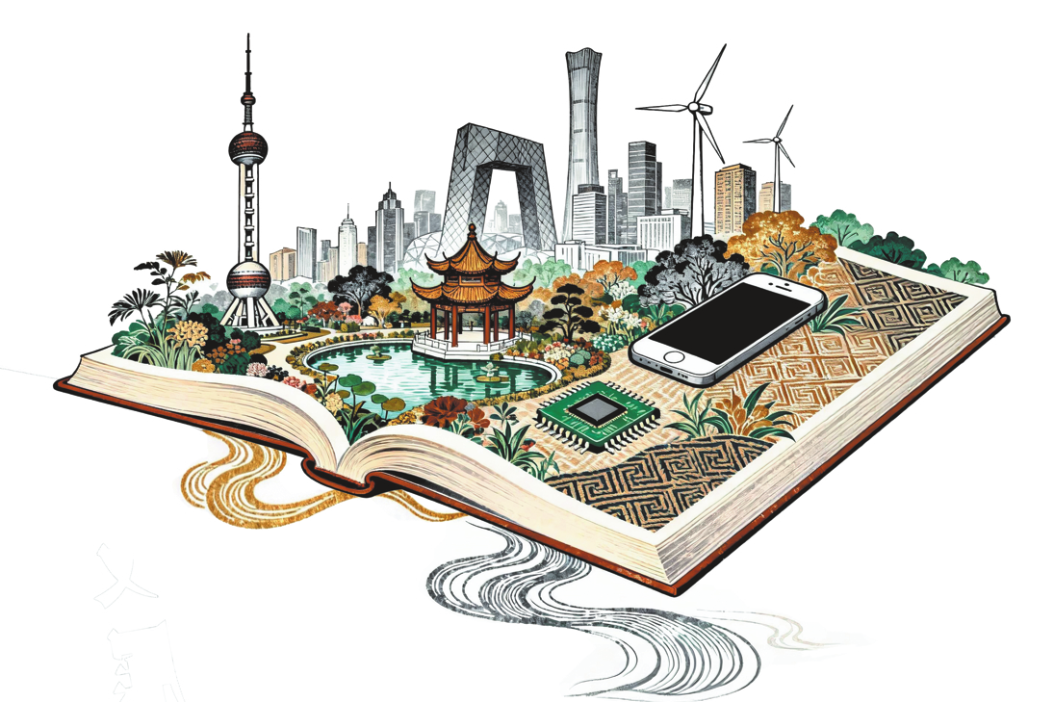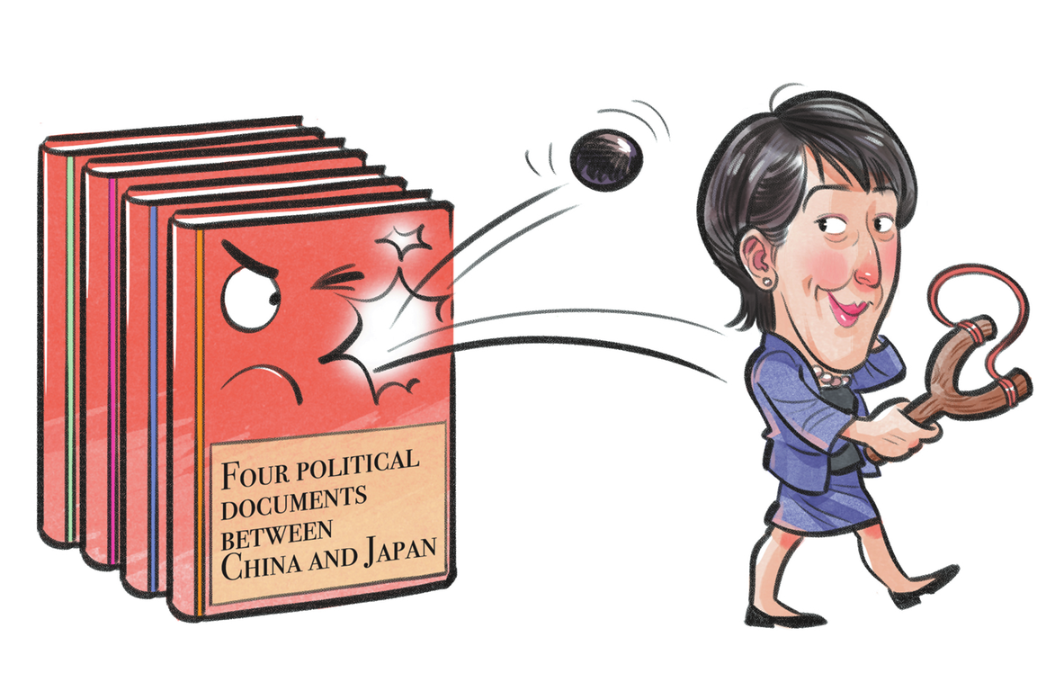Anti-Monopoly Law, 'traffic lights' for market


On Friday, the Standing Committee of the National People's Congress, China's top legislature, voted to update the Anti-Monopoly Law which will come into effect on Aug 1.
According to the revised law, the State should establish a fair competition review system and draft and implement fair competition rules that suit China's socialist market economy. The State Council's antimonopoly law enforcement agencies will be in charge of law enforcement, so as to ensure a unified, open, competitive market order.
Strengthening anti-monopoly measures is essential to regulate and properly guide the healthy development of the capital market.
According to the 2021 report on anti-monopoly law enforcement issued by the State Administration for Market Regulation, China dealt with 175 monopoly cases last year, 61.5 percent more than in 2020. It handed out fines of 23.59 billion yuan ($3.53 billion) in total.
It should be noted that strengthening the Anti-Monopoly Law is not meant to prevent enterprises from growing.
On the contrary, it means to ensure the rules are followed so as to create a favorable environment for them.
Monopoly means to expel or limit competition, and it hurts the legal rights of market entities and consumers. When there is only one service provider in the market, the consumer has no other choice but to accept its terms.
The Anti-Monopoly Law is like a set of traffic lights for the market, telling market entities what they can and cannot do. The new version of the law has provided detailed rules for the internet companies so as to guide them to serve society well and obtain legal profits, instead of hurting the whole market environment.
The revised Anti-Monopoly Law will ensure the prosperity of the market.


































